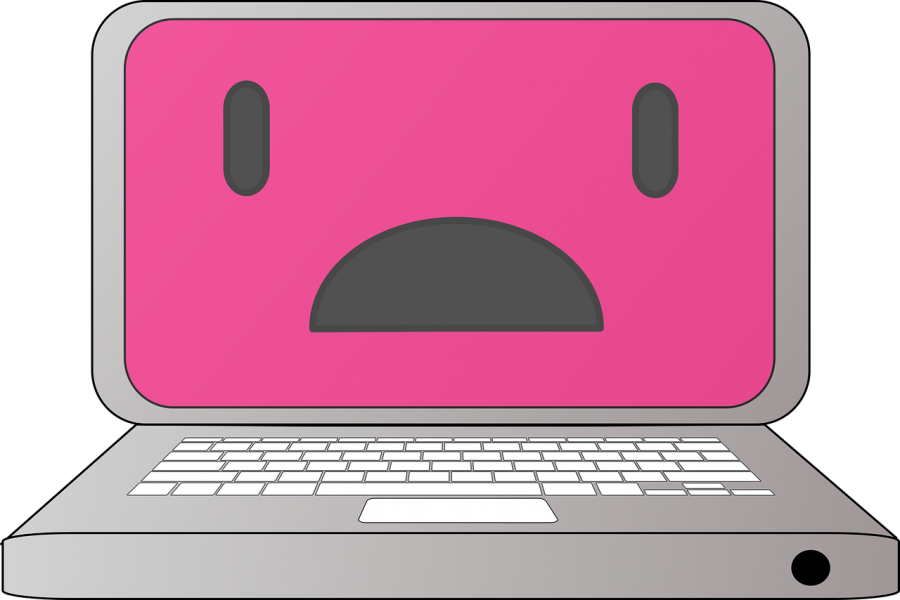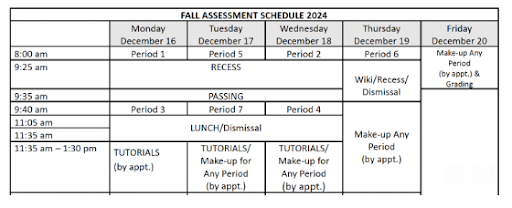Are students making too many ‘computer problem’ excuses?
As we continue online learning, students have adapted their excuses from “I was late because of traffic,” to “I was late because my computer broke.” In these scenarios, teachers usually have sympathy, but have a harder time distinguishing whether students’ excuses are really true.
However, with these new computer problem excuses, teachers can’t penalize students because of the circumstances. So it poses the question: are students taking advantage of their computer problems or even inventing them?
Some students are often late to online classes; however, they may not get marked late if they say their computer was glitching. Many teachers respect that the situation was out of the student’s hands and therefore don’t punish them. However, the truth is wishy-washy. Imagine you are a student in a virtual class and you wake up 30 minutes late. If you go to your teacher and say, “Sorry, I woke up late,” then most likely you will be considered tardy. But if you say “Sorry, my Wi-Fi went out,” then matters get a little more complicated because it is therefore not your problem that you were late.
This makes it difficult for teachers to decide what to do. Some teachers have adapted strategies to handle this, like starting class a few minutes after the bell rings so students still have time to get into a class if their computer is glitchy, or at least send an email letting the teacher know. If they arrive after a certain time and haven’t sent an email or communicated with the teacher in some other way, then they are marked late or absent. Other ways to handle these excuses and situations have also developed.
English teacher Katheryne Huihui created three ways for students to actively participate in class: ” 1) Have your camera on, 2) Unmute yourself if directly called on or if the teacher prompts the whole class, and 3) Type in the chat,” once some students began to “push their limits” and arrive after their three-minute grace period allowed in her class.
“A lot of students have no problem typing in the chat and showing part of their ceiling, hair, or face,” Huihui says. However, “Many would rather sit there in silence for a boundless amount of time than unmute themselves, even when in small breakout rooms with peers they’ve been working with for almost a quarter.”
As a result, Huihui developed a “countdown” procedure of calling unresponsive students’ names up to three times before removing them from class. “Students wouldn’t be able to re-join the main class meeting, but they could re-join the class by entering their group breakout rooms. This has seemed to work to make sure students are on their toes and ready to participate at any given moment,” Huihui explains.
As we continue online learning, excuses will continue to grow, as will new ways for teachers to get around them while still being fair. As these problems arise, the best solution would be if everyone would just be honest and show integrity so teachers could worry less about their students lying. It may come with some consequences, but being honest would really help everyone enjoy online learning more and make it simpler.
Flora Thompson is a 9th grader in the Academy of Industrial & Engineering Technology.






